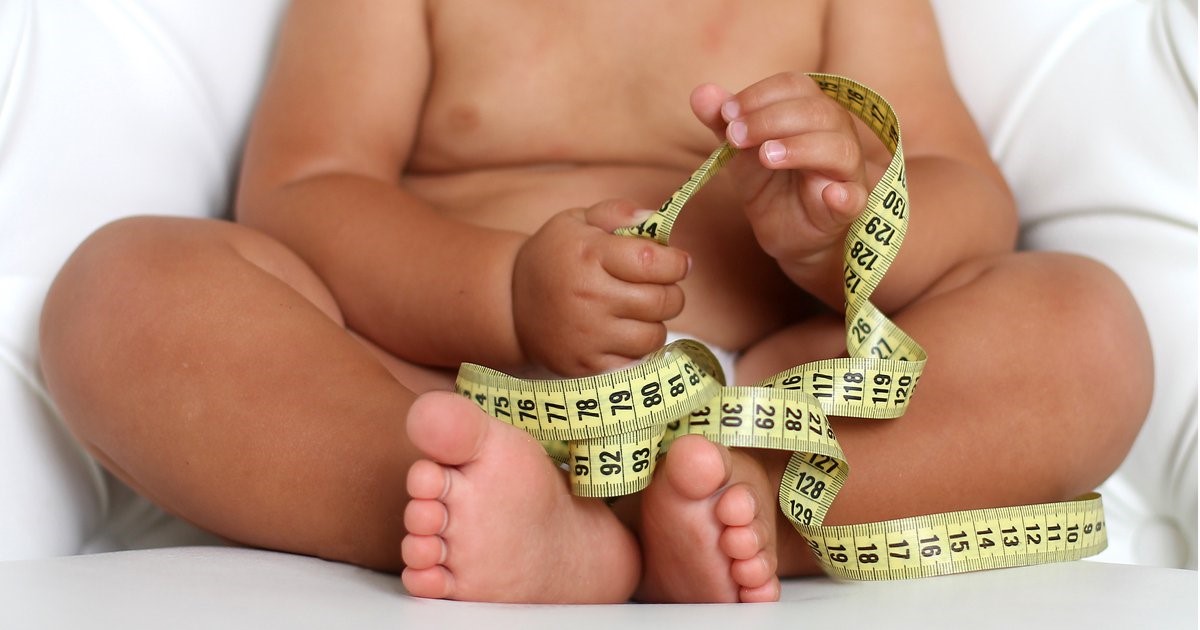All About Prader Willi Syndrome: Symptoms, Causes & Treatment
Prader-Willi Syndrome (PWS) is a rare genetic disorder that alters a child’s metabolism and results in physical and behavioral problems. It is characterized by low muscle tone and inadequate eating throughout early childhood, followed by a voracious appetite between the ages of 2-3 years, resulting in the kid becoming overweight.
Overview of PWS
PWS can affect anyone. The disorder affects one out of every 12,000–15,000 births, and both boys and girls are affected equally. PWS can also cause puberty and childhood milestones to be delayed. If excessive weight gain is not managed, it can lead to life-threatening consequences like sleep apnea, diabetes, and heart problems. Various professionals can collaborate with you to manage symptoms of this complicated condition, lower the chance of developing complications, and enhance the quality of life for your loved one, which is best managed by a team approach.

Symptoms of PWS
Each person is affected differently by PWS. Symptoms typically occur in childhood and include:
- A feeble scream
- Eyes that are almond-shaped and a long, narrow head are unusual facial traits.
- Tiredness (tiredness, listlessness)
- Inability to feed
- Muscle tone that is weak (hypotonia)
As a kid with PWS grows older, new symptoms emerge, such as: - Emotional and behavioral issues
- Intellectual disability
- Eating issues, such as not feeling content after eating and eating an excessive amount of food (hyperphagia). Hyperphagia can develop to morbid obesity, which raises the risk of additional health problems like diabetes.
- Small hands and feet due to short stature
- Genitals that aren’t fully grown
Causes of Prader-Willi Syndrome
It is a hereditary ailment caused by a mutation in one or more genes. Although the actual mechanisms causing Prader-Willi syndrome have yet to be discovered, the disease is believed to be c sed by genes found in a specific region of chromosome 15. It is caused by the non-expression of certain paternal genes for one of the following reasons:
- There are no paternal genes on chromosome 15.
- The child was born with two copies of chromosome 15 from his mother and none from his father.
- On chromosome 15, there is a mistake or deficiency in paternal genes.
Committed to helping
people who want to help themselves
Complications of Prader-Willi Syndrome
Prader-Willi syndrome itself is not life-threatening. Compulsive eating and weight gain can drive young adults with the syndrome to acquire significant obesity-related diseases such as:
- Diabetes type 2
- Heart attack
- Difficulty breathing
- Sterility
- Osteoporosis
- Poor quality of life
- Obesity
Prevention of Prader Willi Syndrome
Maintaining a healthy weight is one of the most critical aspects of caring for someone with Prader-Willi syndrome. Consider obtaining genetic counseling if you have a child with Prader-Willi syndrome and want to have another child. A genetic counselor can help you figure out how likely it is that you will have another child with Prader-Willi syndrome.
Prevention of PWS
Maintaining a healthy weight is one of the most critical aspects of caring for someone with Prader-Willi syndrome. Consider obtaining genetic counseling if you have a child with Prader-Willi syndrome and want to have another child. A genetic counselor can help you figure out how likely it is that you will have another child with Prader-Willi syndrome.
Committed to helping
people who want to help themselves
Diagnosis of Prader-Willi Syndrome
Genetic testing can usually confirm the diagnosis of Prader-Willi syndrome.
If a child exhibits symptoms of Prader-Willi syndrome, genetic testing may be recommended. Babies who are born with a lot of floppy skin may also be evaluated.
Treatment of Prader-Willi Syndrome
The focus of treatment is on symptom management and avoiding complications. The following treatments may be used to help the child:
- Devices to assist infants obtain enough nutrients, such as customized bottle nipples
- Assisting the child with optimal nutrition, including a low-calorie diet and portion management
- Medications that boost the levels of particular hormones in boys and girls, such as growth hormone, testosterone, or human chorionic gonadotropin.
Physical treatment, speech-language therapy, and special education are examples of supportive therapies.
